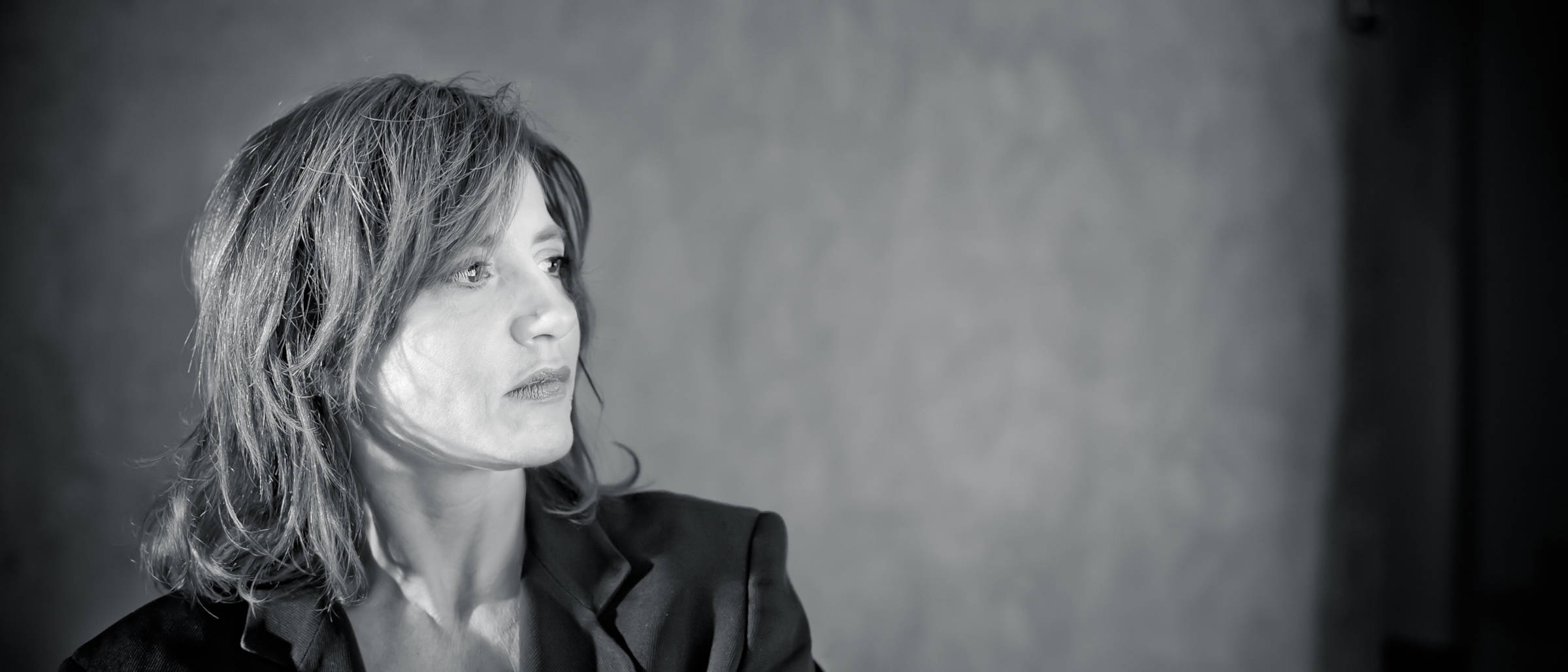
Commission to Lucia Ronchetti
Schwetzinger SWR Festspiele (DE)
With the Italian composer Lucia Ronchetti and the Ukrainian-German writer Katja Petrowskaja, two internationally renowned authors take Fyodor Dostoyevsky's 1846 story The Double as their literary model and create a contemporary music theater that deals with themes such as identity, madness and the dark sides of the human psyche from a contemporary point of view. The Ernst von Siemens Music Foundation has made the commission to Lucia Ronchetti possible. The doppelganger motif is to be subjected to a contemporary comparison with our modern coexistence, which is characterized by over-individualization and the proliferation of identity.
Dostoyevsky's story is about a young man who is driven mad by his own doppelganger. Golyadkin never wants to do anything wrong – despite this (or perhaps because of it?), he is unable to get ahead professionally. He is also unsuccessful with women – his love for Klara, whom he wants to save from a supposed forced marriage, remains unrequited and takes place mainly in his imagination. His life changes abruptly when he meets his doppelganger. Who is this person who looks exactly like him and is suddenly waiting for him in his apartment? Golyadkin's initial attempts to fraternize with the man are unsuccessful. The doppelganger even forces his way into his life as a better version of himself. A grotesque competition begins. Driven by paranoia, Golyadkin increasingly loses his sense of reality – until even the viewer is left wondering: which character is the original, and which is merely an imitator?
In Ronchetti's vocal-centered compositional conception, Golyadkin expresses himself in obsessive repetitions, in a fragmented and abstract language as an expression of his inner turmoil, his panic and his incomprehension of his own situation. Fragmented conversations with himself depict attempts to calm down and analyze the distortion of his reality. Golyadkin's voice becomes a polyphony of different voices, the voices of others resonate in his uncontrolled mind. With sculptural precision, complex speech and vocal passages are transcribed and reproduced in an evocative and minimalist tonal language, using colorful tonal nuances and tense rhythmic patterns.
Commissioned by the Schwetzinger Festspiele and in cooperation with the Theater Luzern, the two authors have created a full-length work of music theater that traces the path of an individual who is emotionally destroyed by his perception of his own self and the world around him and is cast out by society. It deals with the danger of losing oneself and the resulting consequences, which in our highly individualized world we may have to face even more than previous generations. Our modern society is supported less and less by unifying values and normative frameworks that serve as a reality check for everyone. So there are more and more subjective truths. Where can this lead?
Further information:
schwetzinger-swr-festspiele.de
Dates
April 26 and 28, 2024
Rokokotheater, Schwetzingen
